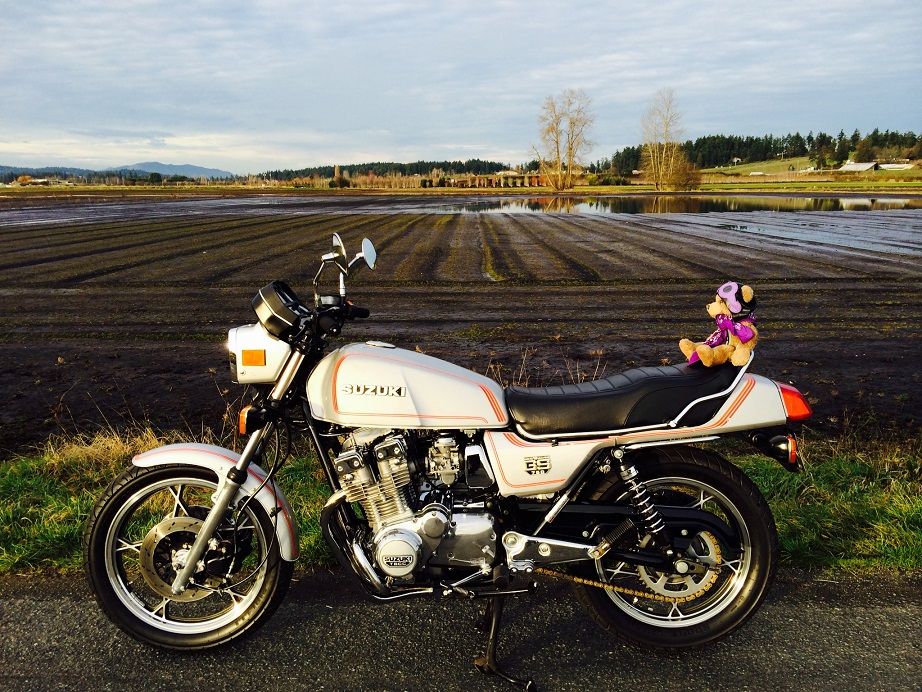Climate & Weather
Victoria, British Columbia's capital city, enjoys extremely mild temperatures all year round.
In fact, the city boasts the mildest winter in Canada and the lowest rainfall on the province's west coast. Daily temperatures rarely rise above 30 șC or fall below 0 șC. Winters tend to be mild and rainy, summers are relatively dry, snow is a somewhat uncommon occurrence, while the city enjoys plenty of sunshine all year round.
This temperate, sub-Mediterranean climate has earned Victoria the nickname of "The Garden City." Not only do gardens bloom early and long here, but they contain many plant species rarely found elsewhere in Canada, including palms, eucalyptus and even some bananas.
Indeed, spring arrives early here with hundreds of thousands of blossoms and bulbs blooming by late February. Residents take part in the annual "flower count" during this month, in what for the rest of the country is still the dead of winter. As for golf, there is no such thing as off season – many of the courses in the area are open all year.
A good way to get Celsius to degrees is double it and add 30
Spring
Spring is always a wonderful time to visit Victoria. Daily temperatures range from 11-15 șC. The flowers are in full bloom in the city's many spectacular gardens.
Summer
From June to September, Victoria is typically sunny and mild. Daytime temperatures range from the low-to-mid 20s șC, with evenings cooling down to about 10 șC.
Autumn
Autumn brings average highs of 12 șC to Victoria. By November, the rainy season has begun; Victoria can expect to receive up to 147 mm of rain during this month.
Winter
Victoria enjoys the most temperate winter climate in BC. This allows for year round outdoor pursuits such as cycling, hiking and golfing, even in January.
.png)
 When it's not raining there they all like to run outside and take pictures to show the rest of us how nice it is.
When it's not raining there they all like to run outside and take pictures to show the rest of us how nice it is. Ya can't even bake a muffin there. On rainy days they'll just come all soggy and on sunny days you're ....well .......outside taking pictures.
Ya can't even bake a muffin there. On rainy days they'll just come all soggy and on sunny days you're ....well .......outside taking pictures.






Comment